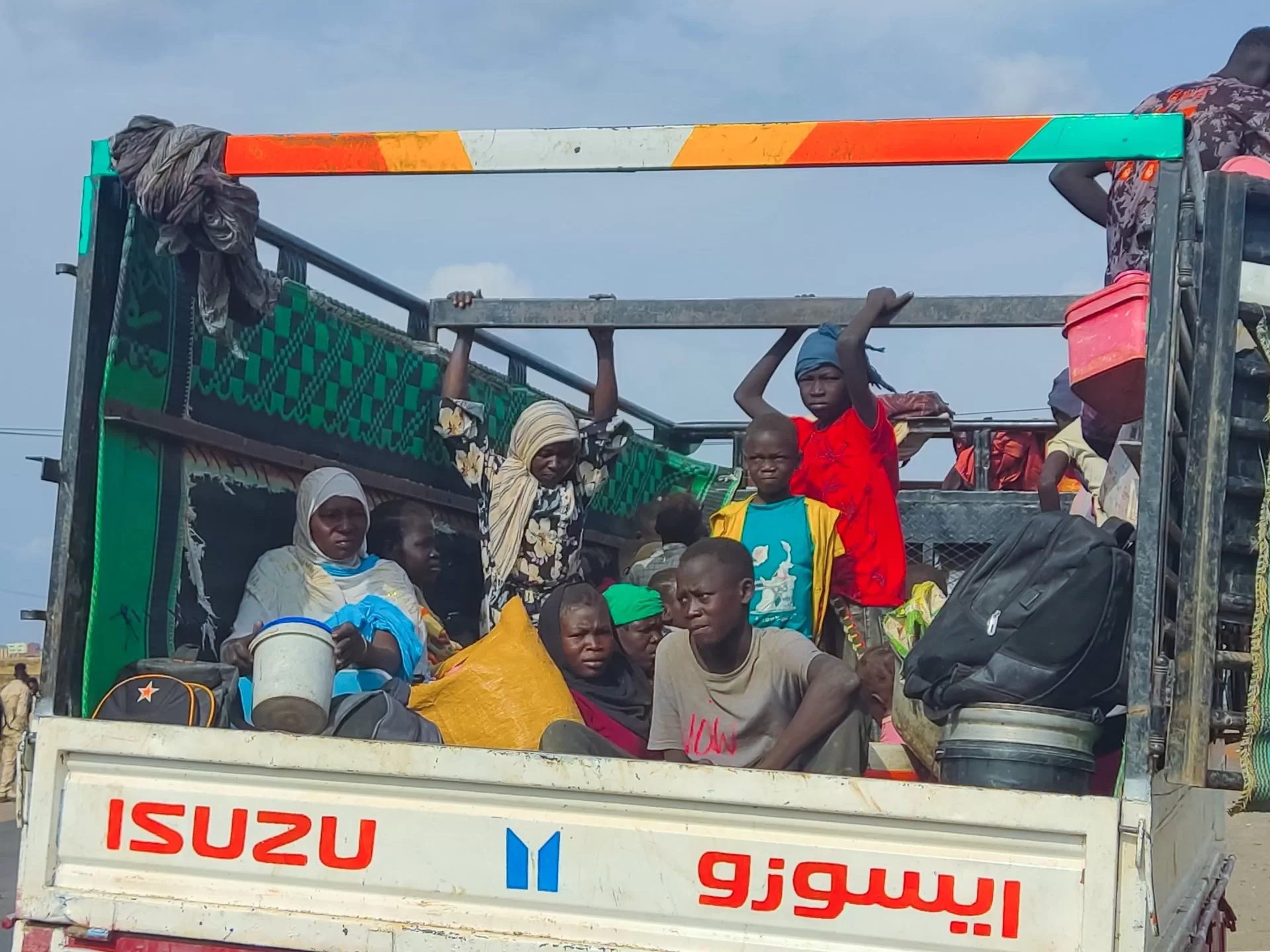The number of people dying due to the war in Sudan is likely far higher than previous estimates, according to a new study.
Released on Wednesday by the London School of Hygiene and Tropical Medicine’s Sudan Research Group, the report estimates that more than 60,000 people have died in the Khartoum region alone during the first 14 months of the war.
The study found that 26,000 people have died as a direct result of the violence and noted that starvation and disease are increasingly becoming the leading causes of death reported across Sudan.
Abdulazim Awadalla, programme manager at the Sudanese American Physicians Association, said the estimate appears credible.
“The number might even be higher,” he said, noting that malnutrition had weakened immunity, making people more vulnerable to infections. “Simple diseases are killing people.”
The figures far exceed other estimates, including one from the Armed Conflict Location & Event Data project (ACLED), a crisis monitoring group cited by the United Nations, which estimates the number of killings across the country at 20,178 in the same period.
‘New phase of brutality’
Sudan’s war broke out in April 2023 amid a power struggle between Sudan’s army and the paramilitary Rapid Support Forces (RSF) in advance of a planned transition to civilian rule.
Both sides have committed abuses that may amount to war crimes, including attacking civilians, a UN fact-finding mission said in September.
The violence has pushed 11 million people from their homes and unleashed the world’s biggest hunger crisis, according to the UN. Nearly 25 million people – half of Sudan’s population – need aid.
“This is one of the most disturbing wars of the 21st century that we’re seeing right now,” Justin Lynch, an independent consultant on Sudan, told Al Jazeera, saying it has entered a “new phase of brutality”.
‘Deaths largely undetected’
The bulk of the violence during the war has taken place in Khartoum, according to ACLED, where residents say hundreds of graves have popped up next to homes.
As the massacres unfold, keeping track of the dead has been challenging.
Even in peacetime, many deaths are not registered in Sudan, researchers say. And as fighting intensified, people were cut off from places that record deaths, including hospitals, morgues and cemeteries. Repeated disruptions to internet services and telecommunications left millions unable to contact the outside world.
The Sudan Research Group’s latest study aims to reveal the hidden toll by using a method called “capture-recapture,” said Maysoon Dahab, an infectious disease epidemiologist and co-director of the group.
This technique, originally developed for ecological research, has been used to estimate casualties in past crises, including Sudan’s 2019 pro-democracy protests and the COVID-19 pandemic, when full death counts were impossible.
The method works by comparing data from multiple independent sources, and identifying individuals who appear on more than one list. Less overlap between the lists suggests more deaths have gone unrecorded.
“Our findings suggest that deaths have largely gone undetected,” the researchers wrote.
Paul Spiegel, who heads the Center for Humanitarian Health at the Johns Hopkins Bloomberg School of Public Health and was not involved in the study, said the study’s methodology comes with challenges, but “is a novel and important attempt to estimate the number of deaths and bring attention to this horrific war in Sudan”.
Sudan’s Federal Ministry of Health told Reuters that it has observed far fewer deaths than the estimates in the study, with its tally of war-related deaths at 5,565.
Sudan’s army and RSF have blamed each other for the war’s toll on civilians.
Army spokesperson Brigadier General Nabil Abdallah said the RSF “has not hesitated from the first moment to target civilians”. In a statement to Reuters, the RSF said deaths in Khartoum were caused by “deliberate air strikes”, “artillery shelling and drone strikes”, caused by weapons only possessed by the army.
